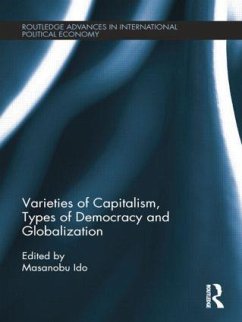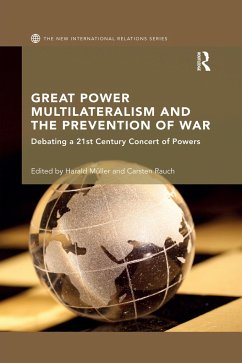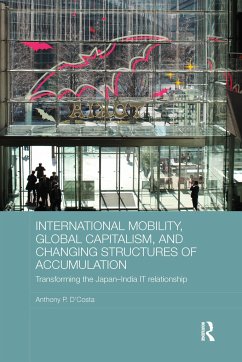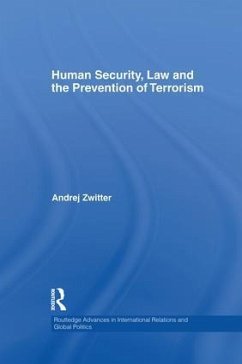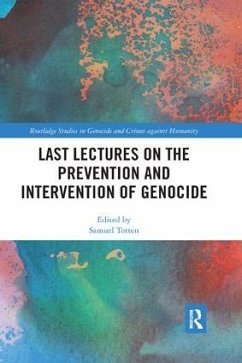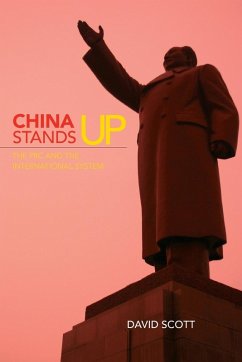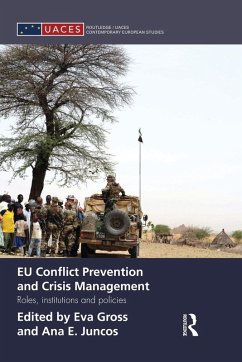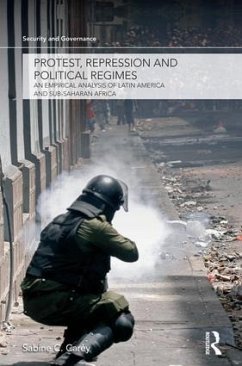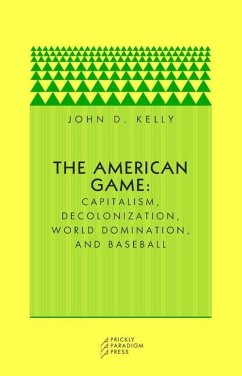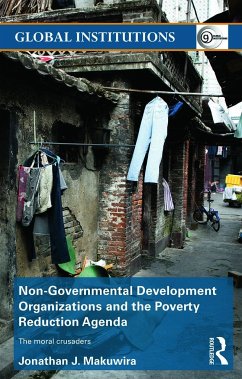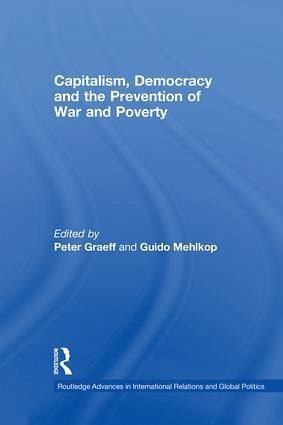
Capitalism, Democracy and the Prevention of War and Poverty
Versandkostenfrei!
Versandfertig in 1-2 Wochen
59,99 €
inkl. MwSt.
Weitere Ausgaben:

PAYBACK Punkte
30 °P sammeln!
This book seeks to explore and understand the causes of war and poverty, drawing on the theory of democratic peace and the theory of capitalistic peace. It discusses: democracy, conflict resolution, economic development and industrial modernization.





